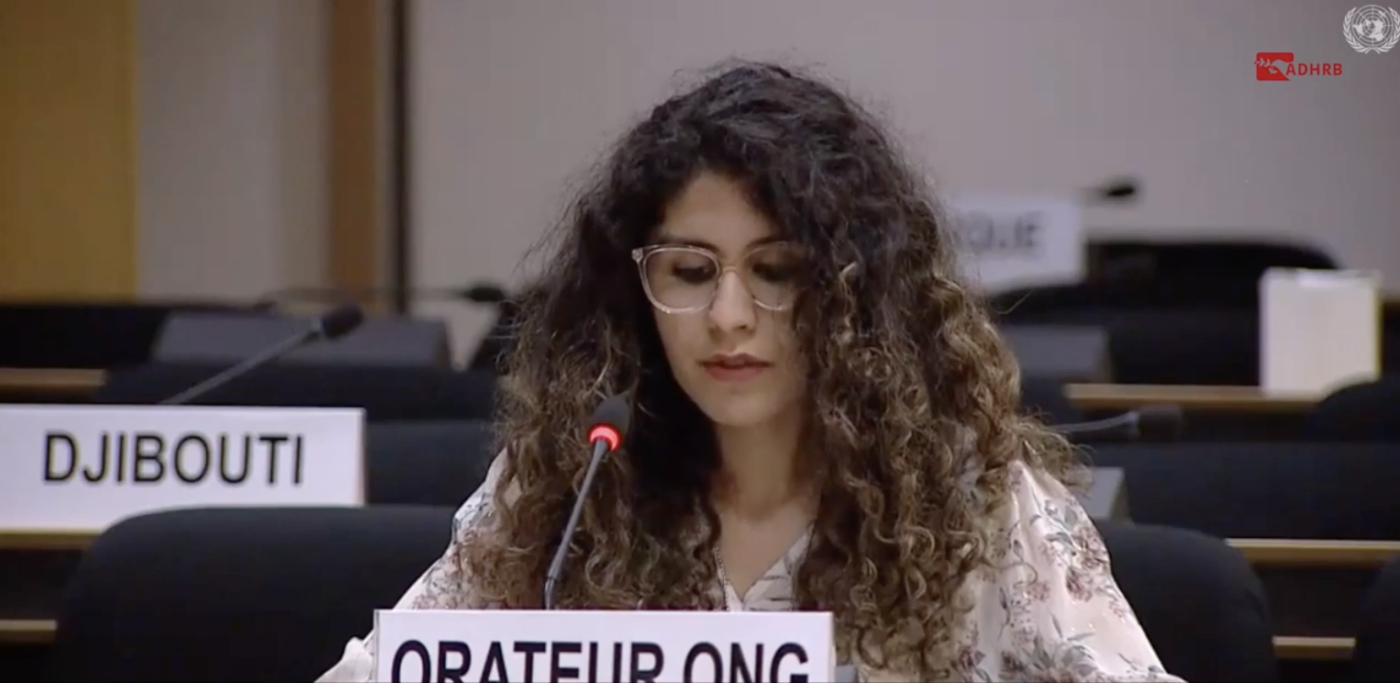On 24 September 2020, ADHRB has delivered an oral intervention at the United Nation Human Rights Council session 45 during on interactive debate under item 3.
Madam President,
ADHRB would like to bring the council´s attention to the discriminatory domestic Saudi policies against a specific population group. In Saudi Arabia, 10-15 percent of citizens belong to the Shia faith of Islam. However, the Al-Saud government imposed many strains which prohibit the Shia from enjoying their expected religious and cultural rights. For example, the authorities of Saudi Arabia often do not approve requests for building Shia mosques or religious centers and engage in systematic prevention of Shia citizens from practicing their faith freely. Many Shia is prohibited and punished from practicing the annual celebration of Ashura, and for podcasting rituals and any publications related to this occasion. Therefore, we are deeply concerned about the lack of legal recognition and protection of freedom of religion in Saudi Arabia. We believe that this lack of legal recognition facilitates the violation of fundamental human rights.
As a matter of illustration, we would like to present the case of Abbas al-Hassan, a Shia Saudi citizen who was sentenced to death in 2019 along with 37 men on accusations of “spreading the Shia faith,” and other charges. According to the Washington Post, even a year after Al-Hassan’s unjust execution, his family still hadn’t received his body or personal belongings and could not give him a fair funeral.
Madam President, Saudi Arabia hasn’t ratified or even signed treaties which preserve the civil, cultural, and political rights of individuals claiming that it’s a sovereign state and some articles do not coerce with sharia. But does deprive people of the right to life coerce with it and align with the fundamental human rights?





